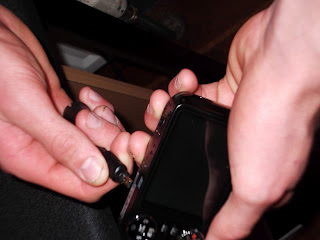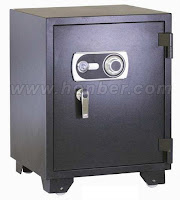Health and Safety working practices
When working in a computer environment you have to make sure that the health and safety rules apply such as,
·
· Another safety feature is the minimum amount of plugs plugged in to save from heating up and melting.
· Also take regular breaks, every 45 minute take a 5 minute break just so your eyes do not become sore.
· More health and safety feature is the lighting, so to make sure the sun light is not coming in and hitting your eyes and your screen to stop from strain eyes.
· Another rule is all bags to be placed under the desk to prevent people from falling.
·
When connecting peripherals
When connecting all the peripherals below make sure that all plugs are turned off and taking out, then plug in the peripherals making sure they go in right and are connected then when this has been completed you can now turn on the plugs and plug it back in. when you have that step done turn on the computer and check if all the software has being installed and is working correctly, then your computer and peripherals should be working.
· Printer
· Speakers
· Scanner
· Digital Camera
· Microphone
Connecting peripherals a PC
This is me turning the computer off at the plug. The computer is turned of because of health and safety because if it was left on you have a risk getting a shock.
This is before I connected the speaker cable. When I was plugging in the speakers I was on my knees for health and safety reasons.
This is me connecting the speakers to the computer. I connected the green lead into the green port on the back of the hard drive
This is the computer connected to the speakers. The speakers are connected correctly to the back of the hard drive because I turned the computer on and played music at it worked.
This is me connecting the usb to the computer. I connected this in the front because the lead was not long enough to reach from the back to the top of the table. So therefore I would have had to reach over the table so it was a health and safety precaution.
This is me connecting the camera to the computer
When we connected the camera this icon popped up to let you know that the camera is connected properly.
Then we whet to my computer on the desktop this icon appeared saying that a portable device was connected.
When we clicked on the icon of the camera and went into the images folder we found all the images that we took.
End Result
At the end I tested the speakers and the camera to see if they were working. I played music to see if the speakers were working and they were then I connected the usb lead to the computer and the camera and as you can see above I have the pictures so therefore it worked.


































